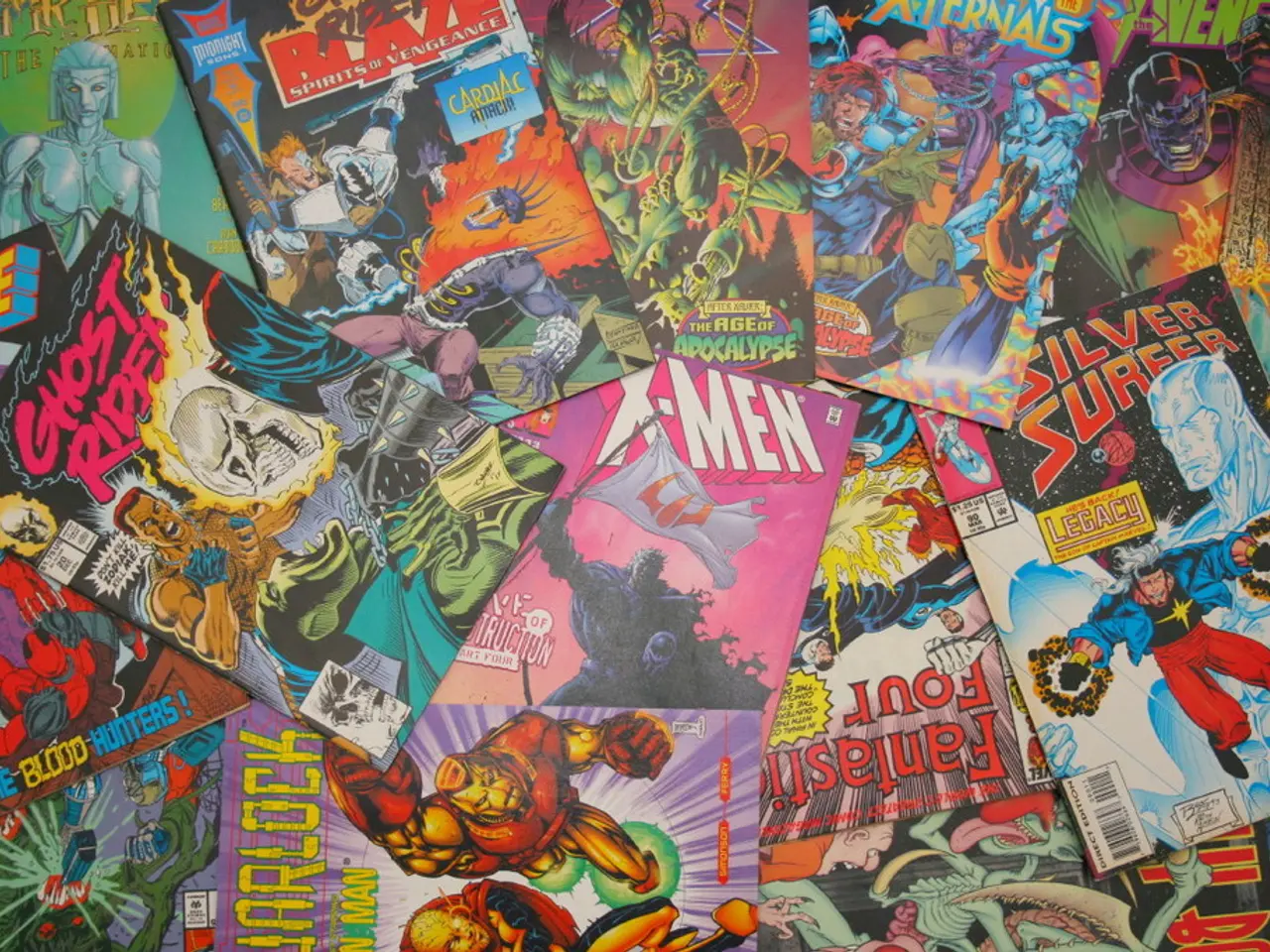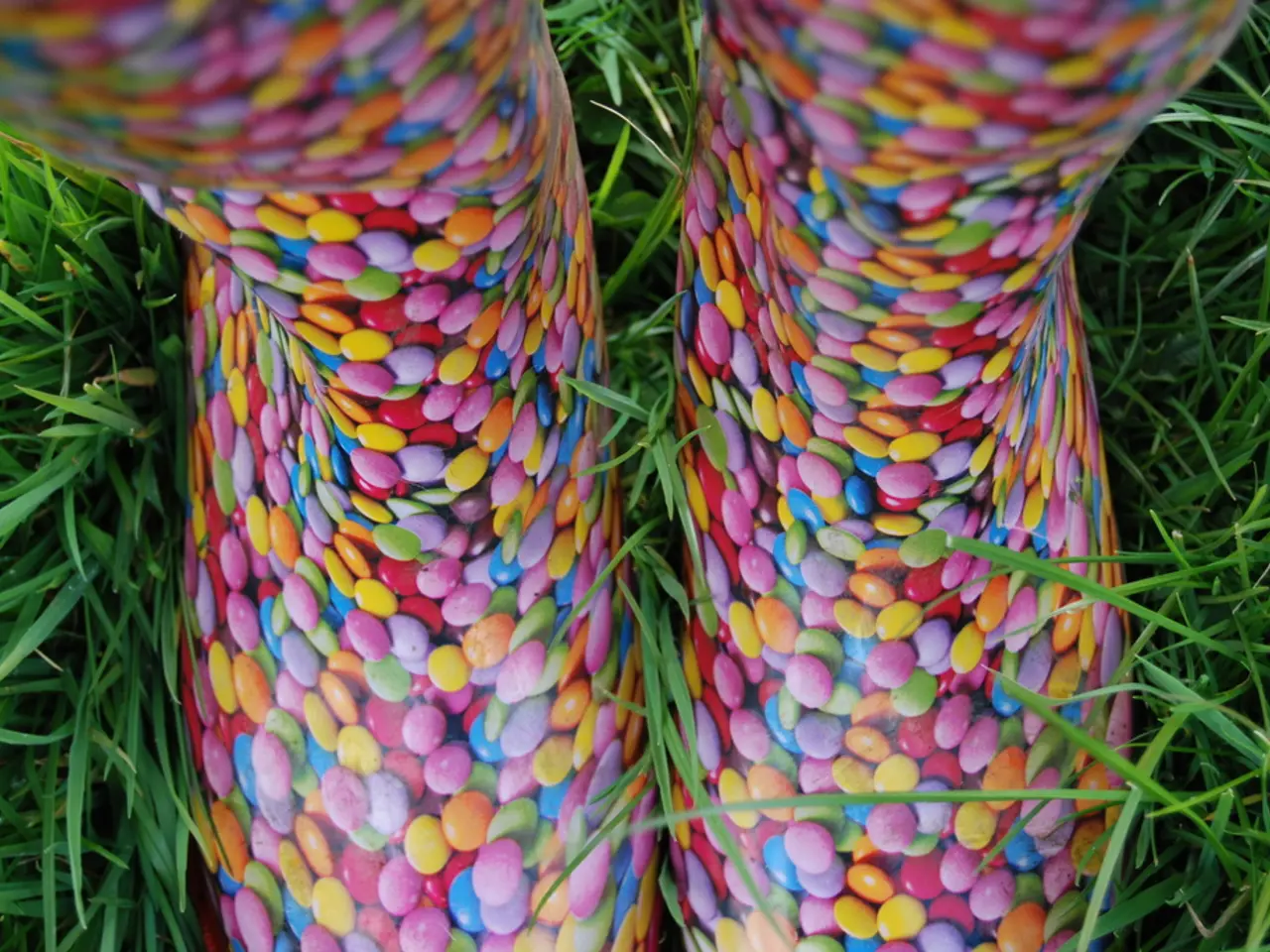Diving into the Realm of Graphic Narratives on Depression: A Comprehensive Review
In recent years, the role of comics and webtoons in portraying mental health, particularly depression, has expanded significantly, offering a unique and impactful medium for storytelling and awareness.
### Impact and Advantages
Relatable storytelling is one of the key strengths of webtoons and comics. By using visual narratives, these formats effectively convey complex emotions and mental health struggles, making it easier for readers to connect and empathize. The personal and emotive nature of these formats helps destigmatize depression by normalizing discussions around it.
Representation and diversity are also crucial aspects of this medium. Many webtoons include diverse characters, including queer and marginalized identities, who often face unique mental health challenges. Such representation fosters inclusivity and offers validation to readers who see their own experiences reflected onscreen.
Accessibility and outreach are other significant advantages. Platforms hosting webtoons allow for wide and easy access to stories about mental health, reaching young audiences who might prefer digital and visual media over traditional text-based resources. TikTok and other social platforms help popularize mental health-related webtoons, broadening their impact.
Therapeutic and educational potential is another benefit. Some authors approach mental health topics humorously or therapeutically, aiming to relieve stigma and offer coping perspectives. While not substitutes for professional care, these webtoons can serve as valuable supplements to mental health education and support.
### Notable Works and Themes
BL (Boys’ Love) webtoons with mental health journeys are a popular genre, often exploring emotional struggles and mental health deeply within the context of romantic and personal growth. This genre resonates strongly with readers who relate to the challenges depicted.
"Blades of Furry" is one example of a webcomic that blends queer representation with mental health themes like anxiety, alongside a unique sports setting. It has been lauded for its character development and handling of internal struggles in an engaging narrative.
"Sketchicidal Ideation" is another webtoon that includes mental health themes, presented with a comedic or therapeutic lens but with a disclaimer that it does not replace professional advice, highlighting the balance between entertainment and awareness.
Many series incorporate mental health as a core element, reflecting the complexities of these conditions in daily life and relationships, sometimes mixed with fantasy or supernatural elements to explore the subject creatively.
### Challenges and Self-Care
Emotional drain can be a challenge for artists working on such heavy topics, necessitating self-care practices. Humor often plays a crucial role in depression comics, making difficult topics more approachable.
Artists who create comics and webtoons about depression face unique challenges in depicting the condition accurately and sensitively. Balancing the need for authenticity with the desire to entertain can be a delicate process.
### The Future of Mental Health Representation
The future of depression representation in comics and webtoons includes a focus on intersectionality and recovery narratives. As these mediums continue to evolve, they will likely become even more integral to mental health awareness and support.
In conclusion, comics and webtoons have emerged as powerful mediums for discussing and exploring depression, offering empathetic, accessible, and diverse perspectives that enhance awareness and reduce stigma. Their visual and narrative strength provides advantages in connecting with varied audiences, making mental health narratives more relatable and engaging than ever before.
- The personal and emotive nature of comics and webtoons helps destigmatize not only depression but also other mental health issues, normalizing discussions around them.
- By using humor, some authors of mental health webtoons aim to relieve stigma and offer coping perspectives, even though they are not substitutes for professional care.
- Representing diverse characters, including queer and marginalized identities, who often face unique mental health challenges, fosters inclusivity and offers validation to readers who see their own experiences reflected onscreen.
- As science continues to advance in the field of mental health and wellness, the role of comics and webtoons in mental health awareness and support is expected to increase, particularly in offering recovery narratives and representing intersectional experiences.




